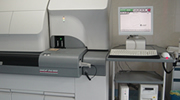Hits: 3116 Time: 2019-08-21
In order to implement the spirit of the "Healthy China 2030" Plan and the "Opinions of the General Office of the State Council on Reforming and Improving the Incentive Mechanism for the Training and Use of General Practitioners", our hospital has implemented the requirements of the 2019 National Health Work Conference. We have explored the long-term mechanism for the training of grassroots general practitioners, promoted the construction of medical consortia and medical community, and improved the clinical capabilities of grassroots general practitioners, and cultivated a team of general practitioners who can and can see a doctor. The hospital guaranteed the full implementation of the grassroots hierarchical diagnosis and treatment system, and maintains and improves the health of the people at the grassroots level. The Talent Exchange Service Center of the National Health Commission and our hospital jointly created the "General Practitioners' Clinical Ability Improvement Training Project".
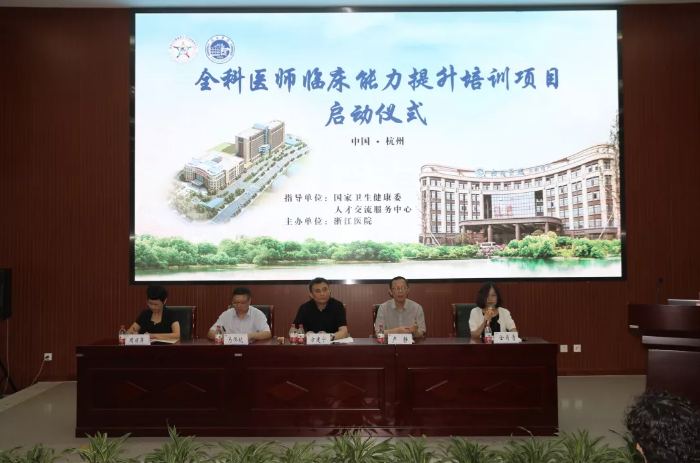
After nearly one year of preparations, the launching ceremony of the "General Practitioner Clinical Ability Improvement Training Project" was held on August 17 in the Sandun campus of our hospital, and the class was officially opened.
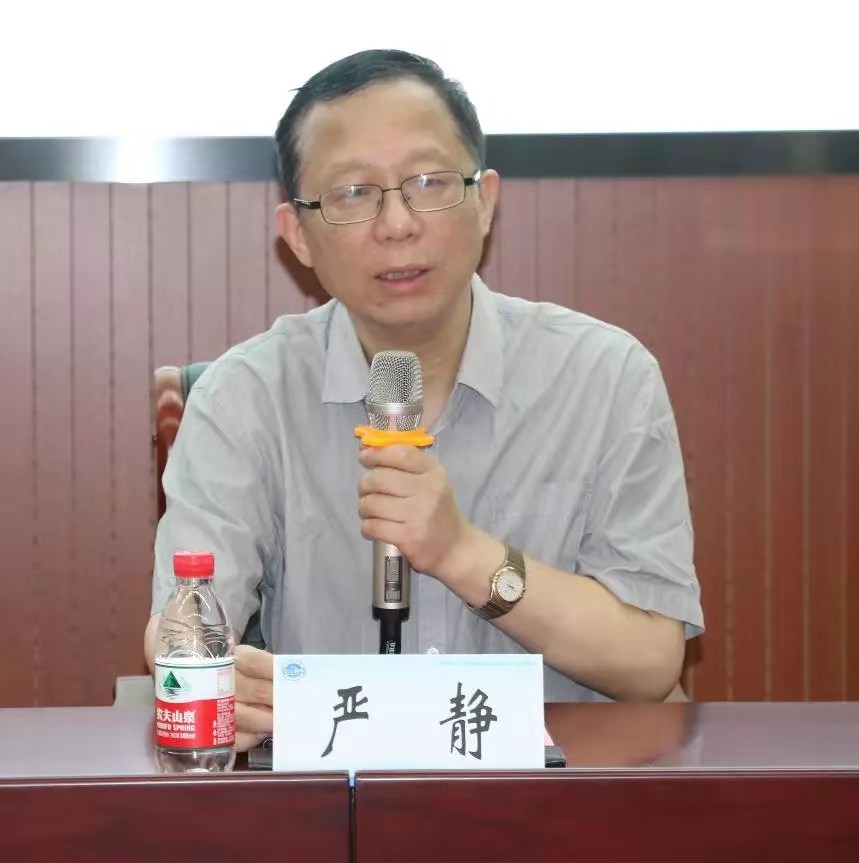
Deputy Director of the Talent Exchange Service Center of the National Health Commission, Fang Jianning, Inspector of Zhejiang Provincial Health Commission, Ma Weihang, Deputy Director of Xihu District Health Bureau, Zhou Liping, Secretary of the Party Committee of our hospital, Yan Jing, Vice President, Jin Xiaoqing, etc. attended the launch ceremony. The launch ceremony was presided over by Jin Xiaoqing.
Yan Jing first delivered a speech. He introduced our hospital and our hospital's medical simulation center to the guests and students who attended the launching ceremony. He said that our hospital started the expert demonstration, curriculum development and production of the "General Practitioner Clinical Ability Improvement Project" in 2018. After more than one year of preparations, it has basically completed preliminary preparation and production of the four major modules. And they are the improvement of general practitioners’ job skills, general practitioners’ common chronic disease management capabilities, general practitioners’ clinical practice capabilities (clinical diagnostic thinking), and general practitioners’ job quality.
"Today, we are here to hold a brief and meaningful project launching ceremony. I hope that during the nearly one-year training period starting today, the trainees can use the fragmented time to learn while working, and practice while learning. You can gradually improve your clinical thinking and treatment capabilities, chronic disease management and emergency rescue capabilities, teamwork and doctor-patient communication skills, and become a satisfactory and trustworthy doctor for the ordinary people! Keep the patient in the primary hospital." Yan Jing said.
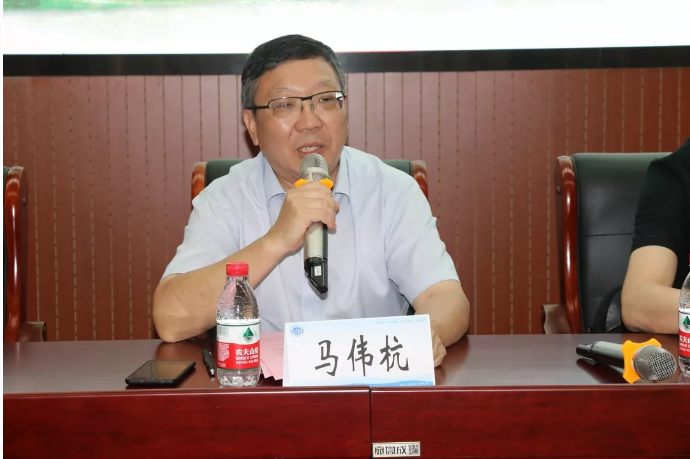
Ma Weihang affirmed the timeliness and positive significance of this project. He proposed that the general practitioners of the future must be a team of doctors who are depended on by the people in the community, have abundant community resources, and have professional pride, and their income and treatment is no less than that of specialist doctors. He encouraged community doctors to study actively, strive to improve their clinical ability, and increase their professional pride, so as to truly become a good doctor at home and be trusted by the ordinary people.

Fang Jianning said in his speech that the country attaches great importance to the training and use of medical talents in collaboration. Last year, the Office of the State Council issued relevant opinions on improving the training and use of general practitioners. The relevant departments have successively introduced supporting measures. Various localities have also actively promoted the implementation of the policy, and the construction of the general practitioner team has achieved smooth development. However, in order to meet the needs of the country and serve the healthy China strategy, the supply of talents needs more proactive actions and responsibilities. Given that our hospital is a geriatric medical center in Zhejiang Province, we have a deep understanding of the connotation of general medicine. After sufficient preparation, our center and our hospital jointly planned the "General Practitioner Clinical Ability Improvement Training Project" and entrusted the hospital to organize and implement it, and actively explore the long-term mechanism for training basic-level general practitioners, in order to cultivate a team of general practitioners, so as to ensure the full implementation of the grassroots graded diagnosis and treatment system, and enhance the accessibility and sense of gain for people's health maintenance. Let people truly trust community doctors and are willing to stay in the community for medical treatment. Finally, Director Fang Jianning fully affirmed the preparatory work of our hospital.


Afterwards, Chen Jin, director of the general medicine department of our hospital, introduced the project to everyone. He first introduced the characteristics of this project, which has a strong faculty team, strict process control, and online and offline integration, using fragmented time to learn, and the integration of multiple certificates. The faculty of this project covered a team of experts and lecturers in affiliated hospitals of well-known universities and communities. These include teachers trained in general medicine at the Chinese University of Hong Kong, teachers trained by the Royal Society of General Practitioners (RCGP), simulation teaching teachers trained by the University of Pittsburgh, and American Heart Association (AHA) cardiovascular first aid course trainers. This makes the curriculum system from the basic level of general medicine to the forefront of specialties, which fully meets the training needs of general practitioners.
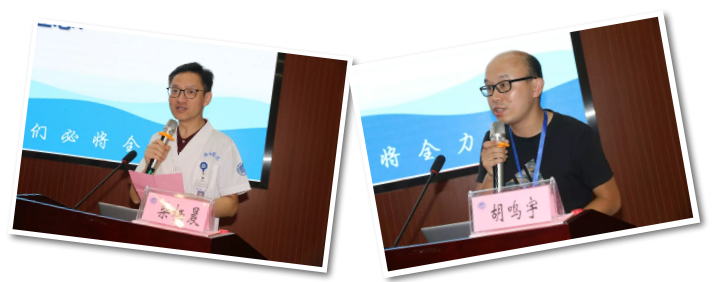
Chai Qichen, the deputy director of the General Medicine Department of our hospital, and Dr. Hu Mingyu from the Community Health Service Center of Wenxin Street, Xihu District, spoke as representatives of instructors and representatives of trainees.
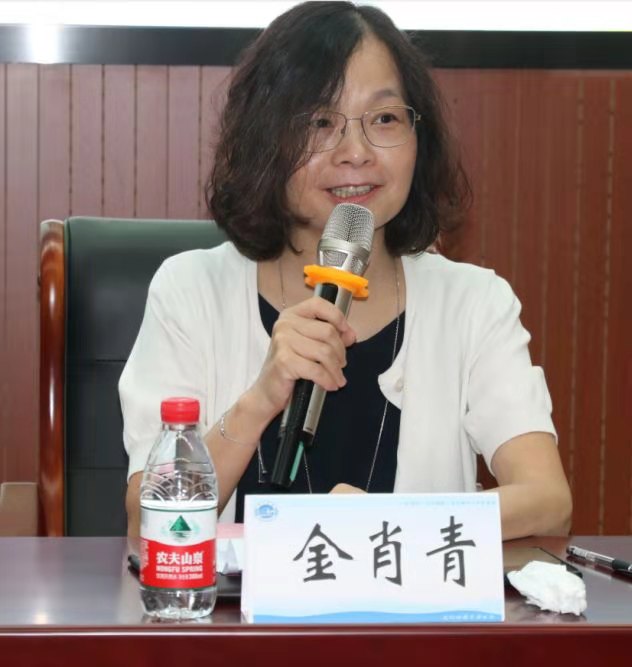
In an interview with reporters, Jin Xiaoqing mentioned that hierarchical diagnosis and treatment is increasingly demanding the clinical ability of primary-level doctors. This training for general practitioners' clinical competence is a pilot project. The first phase attracted 60 grassroots first-line general practitioners from the main urban area of Hangzhou and Ningbo, Jiaxing, Jinhua, Quzhou and other regions. After a 10- to 12-month training cycle, including online learning, offline operations, and assessments, the trainees took advantage of fragmented time to learn while doing and use while learning, which resolved the contradiction between primary doctors' work and learning. Through strict quality control and process management, they can apply what they have learned, and become outstanding doctors who can provide high-quality medical services to primary-level patients, so that ordinary people can truly enjoy the convenience and benefits of primary-level general medical care at their doorstep.
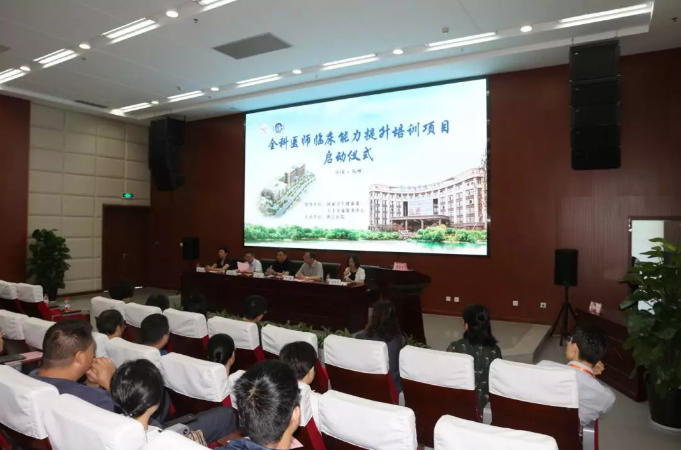
After the launching ceremony, the trainees learned the first lesson of the skill module: Basic Life Support (BLS) course. It is said that in one-year training, trainees need to complete online self-study training. The organization and implementation department of project will give online video learning courses to the students, and the students will use their spare time for self-study. Offline centralized training: workshops (simulated consultation, first aid), team comprehensive first aid, individual skill practice assessment, etc. In the end, students who complete the first module and pass the assessment will receive a Basic Life Support (BLS) certificate and an Advanced Life Support (ACLS) certificate issued by the American Heart Association (AHA). Those who have completed the study of all 4 modules and passed the assessment will receive a general practitioner clinical competency improvement training program certificate issued by the National Health and Health Commission Talent Exchange Service Center, and can obtain Zhejiang Medical Continuing Education Class II credits.
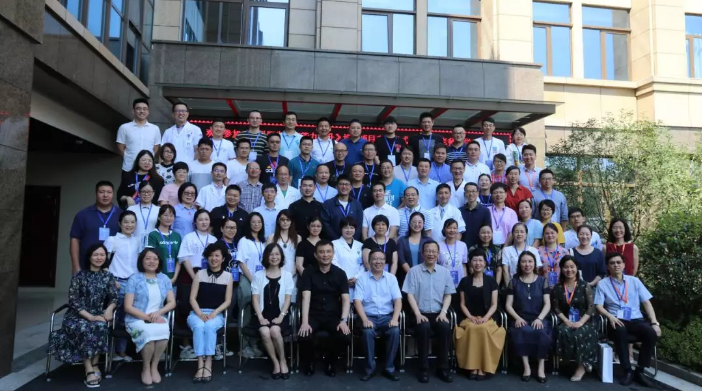
Source: Medical Simulation Center
Written by: Wu Jing, Propaganda Department of United Front Work Department



